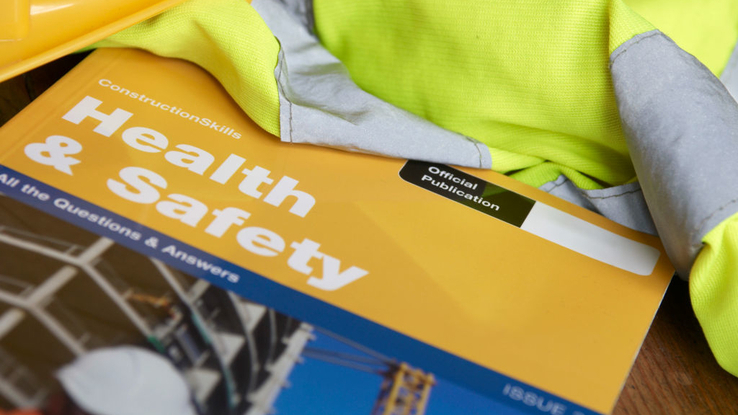How to Choose an Online Safety Training Course

Whether you’re a worker in a potentially hazardous job or the owner of a small business in an industry where accidents happen, workplace safety can be a serious concern. An accident can jeopardize not just the efforts of coworkers and expensive materials, but also the lives of yourself and everyone else around you.
Safety training courses are one way to stay on top of workplace danger, but not all safety training meets industry standards or is actually useful in the field. If you’re looking for trustworthy safety training that meets the requirements of your field, consider these tips for finding the best safety training to ensure that you (and your employees, if you’re in charge) know how to safely operate in the workplace.
Safety Training Exists for Every Industry
If you’re wondering where to begin when selecting a safety training course, consider searching for training that focuses on general industry requirements and standards, such as Occupational Safety and Health Administration (OSHA) regulations. While some fields may have more specialized requirements, OSHA compliance is something every worker should understand regardless of industry. What’s more, there are numerous OSHA safety training providers, many of which are certified by OSHA itself, so finding one shouldn’t be difficult.

One company to consider is National Safety Training. The organization’s online 10- and 30-hour courses are accredited not just by OSHA, but also the International Association for Continuing Education and Training (IACET), and they’re offered in conjunction with the University of South Florida. Both versions of the course come with assistance from an authorized trainer, real-life scenarios to practice your knowledge on, audio narration and interactive exercises, access to an authorized trainer and more. You can choose to focus on construction work or how OSHA regulations are implemented in the workplace more generally.
360training is another experienced provider of OSHA training to consider. Like National Safety Training, it offers 10- and 30- hour online courses that focus on either construction site safety or a general approach to best practices and OSHA compliance in the workplace. Their courses are also accredited by the IACET.
Course Presentation Matters
The boring drone of a single speaker can make some online safety training courses tough to follow. Before you commit to a particular safety course, see if you can preview a video of what the course will be like. Workplace safety will never be the most riveting subject, but dynamic presentations that pair lectures with visuals and interactive questions are more likely to leave a lasting impression.

While in-person training ensures that employees are present and lets them speak with an expert in real time, online courses have the advantages of convenience for employees and employers alike. Courses that offer a range of video, audio and written presentations also give employees options when it comes to learning, making it more likely that they’ll retain their new knowledge.
Factoring in Cost
There are plenty of online safety training courses offered for free, although depending on your industry, you may need to spend money. Authorized OSHA courses, for instance, are never free, so if getting an OSHA Wallet Card is a necessity for your industry, it will cost you.
Even when free courses are an option, however, paid courses often offer more benefits. These packages are frequently more up to date and offer a wider variety of subjects. While not all paid certificates are worth anything, they’re generally more credible than free courses as well. If you chose an online course, it’s also likely to include training videos and testing materials that can be used from the workplace or at home. Companies can often track training to ensure completion as well, and paid companies tend to offer customer support for employees and employers alike.





